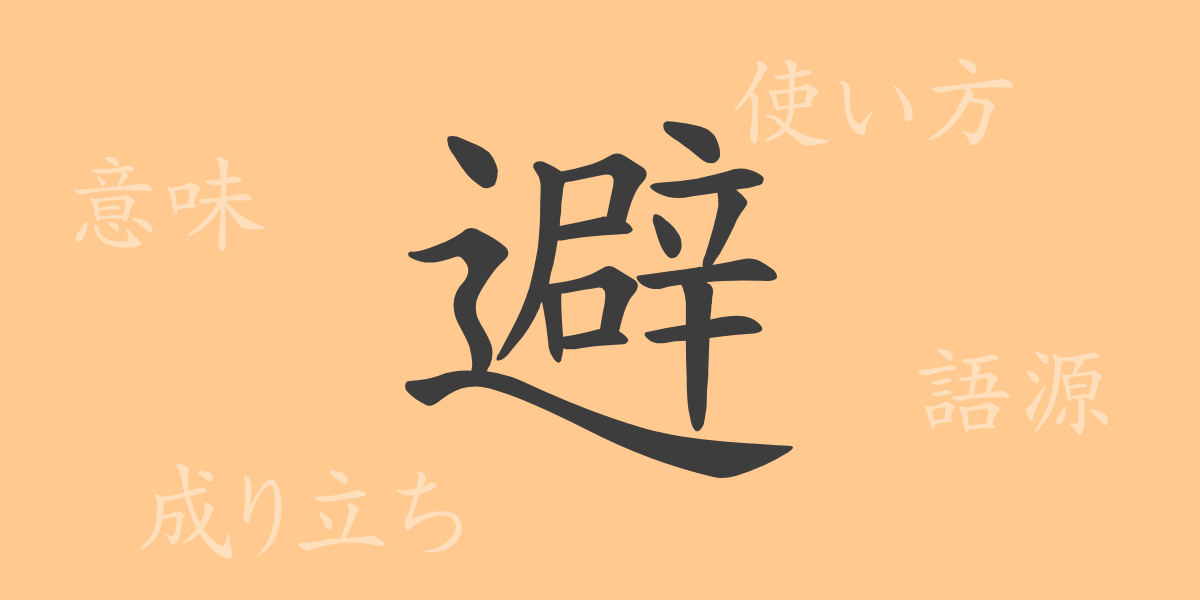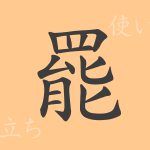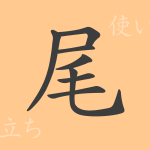In the Japanese language, there are numerous kanji characters with rich expressive power. Among them, the character “避” (hi) is one deeply rooted in our daily lives and culture. This article delves into the origins of the kanji “避” (hi), its modern usage, and even the idioms and phrases that utilize this character. Let’s explore the allure of the commonly used Japanese kanji “避” (hi) with SEO in mind.
The Origin of 避 (hi)
The kanji “避” (hi) is a character formed in ancient China. It is composed of the pictograph “辟” (bì) and the phonetic component “辵” (chuò). “辟” (bì) means to avoid or escape, while “辵” (chuò) is a radical meaning to walk. Combined, they convey the meaning of “walking to avoid,” hence “避” (hi) came to symbolize actions taken to protect oneself from danger or discomfort. In this way, “避” (hi) began to be used as a kanji representing the act of avoiding or evading.
The Meaning and Usage of 避 (hi)
The kanji “避” (hi) means “to avoid” or “to evade.” Generally, it refers to the action of avoiding something, specifically to protect oneself from danger, trouble, or inconvenient situations. It is also used metaphorically to refer to escaping from troublesome situations or difficult problems.
Reading, Stroke Count, and Radical of 避 (hi)
The basic information about the kanji “避” (hi) is as follows:
- Reading: The on’yomi (音読み) is “ヒ” (hi), and the kun’yomi (訓読み) is “さける” (sakeru) and “よける” (yokeru).
- Stroke count: The total number of strokes in “避” (hi) is 16.
- Radical: The radical is “辵” (しんにょう, shinnyou), which means walking.
Idioms, Phrases, and Proverbs Using 避 (hi) and Their Meanings
There are many idioms, phrases, and proverbs that include the kanji “避” (hi), each with its unique meaning. For example, “避難” (hinan) means to escape from danger or disaster, “避妊” (hinin) means to prevent pregnancy, and “回避” (kaihi) means to avoid problems or difficulties. These expressions are widely used in daily conversations, literature, and business settings.
Summary of 避 (hi)
The kanji “避” (hi) represents the important concept of protecting oneself from danger or discomfort. From its origin to its diverse modern usage, this kanji is indispensable in the Japanese language. By understanding the various situations in which “避” (hi) is used through idioms and phrases, you can enhance your expressive power.

























